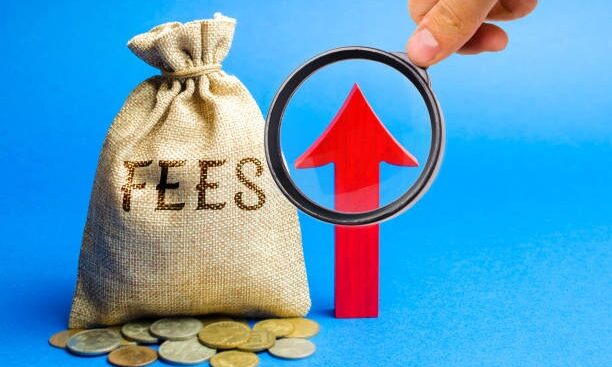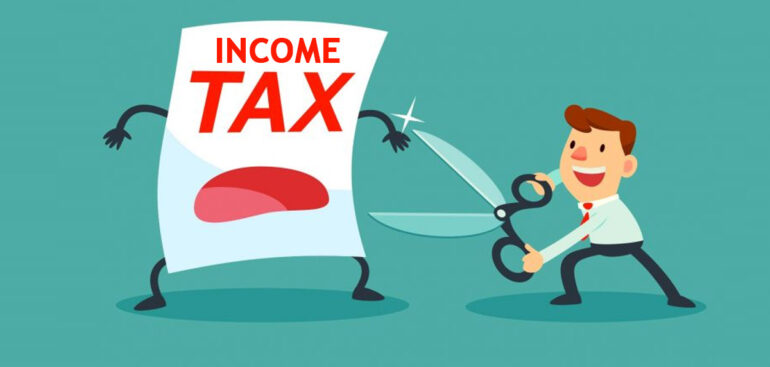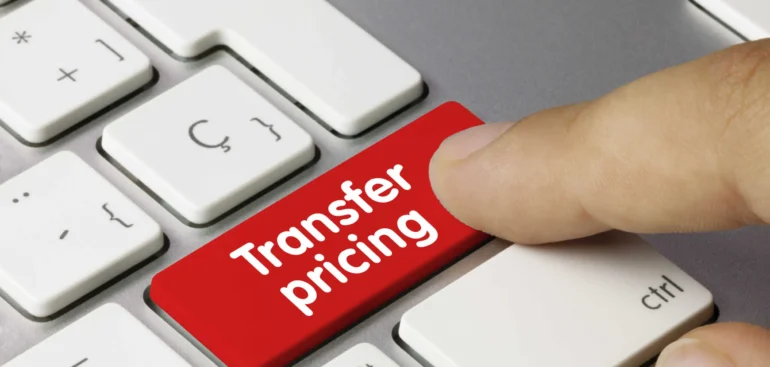🔹 Why Royalties and FTS Are Tax Hotspots
In the age of globalization and digitalization, cross-border payments for intellectual property (IP), software, and technical services have become the backbone of international business.
But with these payments comes a major question: How should they be taxed?
- Is a software subscription payment a royalty or just a business expense?
- When an Indian company pays for cloud services hosted abroad, should it be taxed in India as fees for technical services (FTS)?
- What if the payment is covered under a Double Taxation Avoidance Agreement (DTAA)?
These questions have sparked some of the biggest tax disputes in India. The Union Budget 2025, judicial rulings, and global frameworks are trying to bring clarity — but uncertainty still looms.
In this blog, we’ll decode the complexities of royalty and FTS taxation, recent court rulings, ICAI insights, and practical implications for businesses.
🔹 1. What Are Royalties and FTS?
📍 Royalty – Section 9(1)(vi) of Income-tax Act
“Royalty” means payment received for:
- Use of or right to use IP (patents, copyrights, trademarks).
- Transfer of rights in software.
- Use of industrial, scientific, or commercial equipment.
📍 Fees for Technical Services (FTS) – Section 9(1)(vii)
FTS includes payment for:
- Managerial services.
- Technical consultancy.
- Professional services.
Key Difference: Royalty is for use of rights or property. FTS is for services rendered.
🔹 2. Why It Matters Today
In the past, royalty and FTS were mostly linked to manufacturing and industrial sectors. But today:
- Software subscriptions (Microsoft Office, Zoom, cloud services).
- Digital advertising fees (Google, Facebook).
- Online consultancy services.
These payments are common — and tax authorities want their share.
🔹 3. Indian Tax Perspective
📍 Domestic Law
- Royalty and FTS are deemed to accrue in India if services are used in India, regardless of where the provider is located.
- TDS (Tax Deducted at Source) obligations apply when payments are made.
📍 DTAA Provisions
- Treaties often define royalty/FTS differently.
- Some treaties (like India–US) have narrower definitions, exempting certain payments.
- DTAA overrides domestic law if more beneficial.
Example: Under India–Singapore DTAA, cloud service payments may not qualify as royalty, but under domestic law, tax authorities may still argue otherwise.
🔹 4. Landmark Judicial Rulings
📍 Software Royalty Cases
- Engineering Analysis Centre of Excellence (2021): The Supreme Court ruled that payments for software distribution are not royalty unless rights in copyright are transferred.
- Impact: Huge relief for IT sector, but tax officers continue to challenge SaaS/cloud payments.
📍 FTS and Make Available Clause
- Many treaties (e.g., India–US DTAA) have a “make available” clause.
- FTS is taxable only if technical knowledge is made available to the recipient for future use.
- Example: Online consultancy that doesn’t transfer know-how may not qualify as FTS.
Lesson: Treaty protection is critical in determining tax liability.
🔹 5. ICAI Guidance & Technical Insights
The Institute of Chartered Accountants of India (ICAI) has emphasized that:
- Payments for standardized services (like SaaS) should not automatically be classified as royalty.
- Businesses must carefully review contracts and treaties.
- Professionals should document nature of services to avoid disputes.
🔹 6. Global Perspective
- US & EU: Generally treat SaaS as business income, not royalty.
- OECD Guidelines: Focus on “beneficial ownership” and actual nature of service.
- India’s Position: More aggressive, often taxing such payments as royalty or FTS.
This divergence creates double taxation risks.
🔹 7. Practical Implications for Indian Businesses
✅ IT & SaaS Companies
- Outbound payments for licenses may be taxed as royalty.
- Inbound payments from global clients must be structured carefully.
✅ Startups & SMEs
- Cloud subscriptions are common — startups must account for TDS obligations.
- Many fail to deduct TDS on foreign SaaS, risking penalties.
✅ Multinationals
- Must align contracts with treaty definitions.
- Should adopt robust transfer pricing (TP) documentation.
🔹 8. Case Study – Cloud Subscription Payment
Scenario:
- An Indian startup pays $100,000 annually for AWS cloud hosting.
Issue:
- Is this a royalty (use of equipment/software) or a business service?
Analysis:
- Under domestic law, tax authorities may argue royalty.
- Under DTAA (India–US), it may not be royalty.
Outcome:
- If DTAA applies, startup may avoid TDS.
- But in practice, many deduct TDS to avoid litigation.
🔹 9. Risks of Misclassification
- TDS Default Penalties: 30% disallowance of expense + interest + penalties.
- Double Taxation: If India taxes as royalty but foreign country treats it as business income.
- Litigation Costs: Long legal battles with uncertain outcomes.
🔹 10. FAQs – Common Questions
Q1: Is every software payment royalty?
👉 No, only if it involves rights in copyright. Standard SaaS is not royalty under Supreme Court ruling.
Q2: What if DTAA says something different?
👉 DTAA overrides domestic law if more beneficial.
Q3: Should startups deduct TDS on SaaS?
👉 Practically yes, unless legal opinion and treaty protection clearly apply.
Q4: Can consultancy fees be exempt from FTS?
👉 Yes, if no know-how is made available (depending on DTAA).
🔹 11. Compliance Checklist for Businesses
✅ Review all foreign payments (software, cloud, consultancy).
✅ Check whether payment is royalty, FTS, or business income.
✅ Refer to relevant DTAA for exemptions.
✅ Deduct TDS where required.
✅ Maintain documentation: invoices, contracts, legal opinions.
✅ For outbound payments, obtain Tax Residency Certificate (TRC) from payee.
🔹 Conclusion – The Road Ahead
Royalty and FTS taxation remains one of the most litigated areas in Indian direct tax law. With digitalization, new disputes will continue to emerge — especially around cloud computing, SaaS, and online consultancy.
- For taxpayers: Compliance and documentation are critical.
- For startups: Deduct TDS on cross-border SaaS unless treaty protection applies.
- For professionals: Stay updated with ICAI guidance and court rulings.
Final Message: The key to avoiding disputes lies in clear contracts, robust documentation, and correct application of DTAA. Businesses that prepare early will save time, money, and stress.



